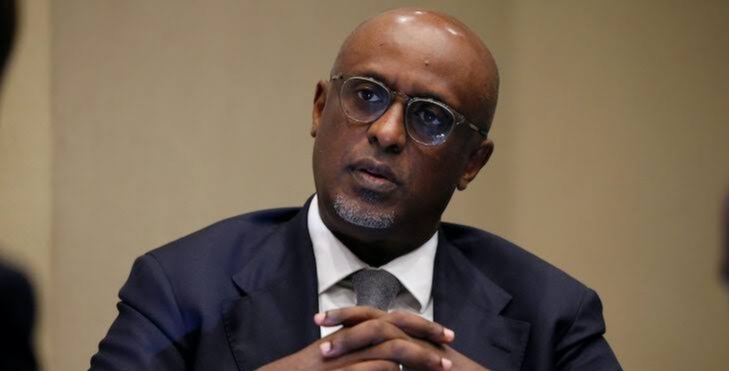By Enyichukwu Enemanna
The International Monetary Fund (IMF) says tackling food insecurity should be the first policy priority for governments in Sub-Saharan Africa (SSA).
The Director of the Fund in charge of African Department, Mr Abebe Selassie said this in his opening remarks at the News Conference on the October Regional Economic Outlook for SSA at the IMF/World Bank Annual Meetings held in Washington DC on Friday.
According to him, the region’s economic outlook showed that growth is expected to slow down sharply from 4.7 per cent in 2021 to 3.6 per cent in 2022.
He said that growth is expected to remain subdued in 2023, averaging only 3.7 per cent.
“The most recent turmoil is just the latest in a series of shocks over the past few years, all of which have taken a toll on the region’s policy space. Rising food and energy prices are striking the region’s most vulnerable.
Selassie said public debt had reached almost 60 per cent of Gross Domestic Product (GDP), leaving the region with debt levels last seen in the early 2000s.
“In fact, 19 of the region’s 35 low-income countries are now in debt distress or at high risk of distress, and inflation rates are in double digits for 40 per cent of the region’s economies.
“Against this backdrop, and with limited options, many countries find themselves pushed closer to the edge.”
He said for authorities, this was the most challenging policy environment in years, adding that policymakers in SSA need to deal immediately with economic and humanitarian crises as they emerge.
Selassie said policymakers should do this while also building buffers and reducing vulnerability to future shocks as best they could.
In addition, he said the region’s prosperity would require high-quality growth, so policies must also set the stage for a sustainable recovery.
“With these goals in mind, the October Regional Outlook emphasises four policy priorities.
“The first priority is to tackle food insecurity, protecting the most vulnerable with a focus on channelling scarce resources to those who need them the most.
“Next, authorities will need to continue consolidating public finances amid more difficult funding conditions.”

































